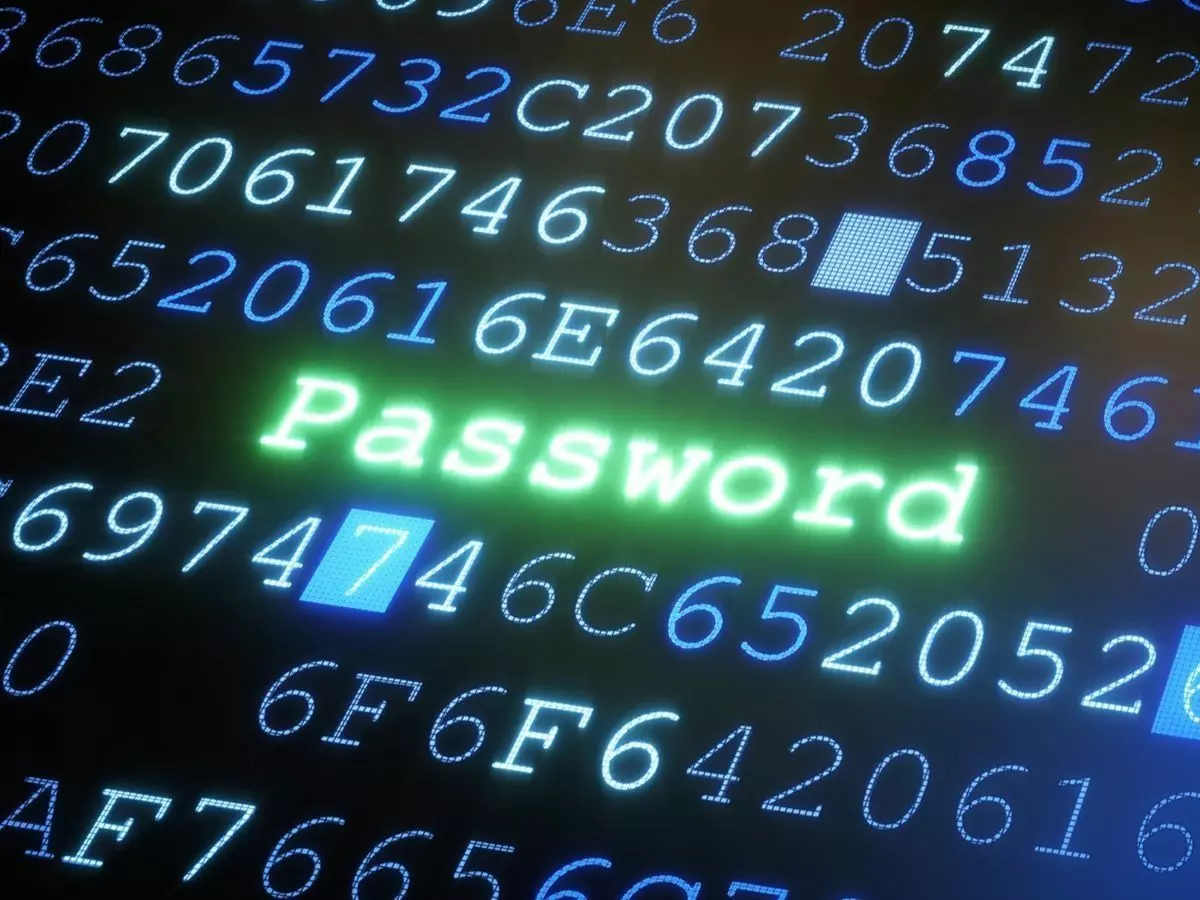With 120 Crore Attempts, India Was Second Most-Targeted Country By Hackers In 2018
When you¡¯re online, you always have to be careful of hackers and scammers trying to rip you off. Apparently, if you¡¯re in India, you have to be doubly on your guard. That¡¯s because our country was near top of the list in account attacks in 2018.

When you're online, you always have to be careful of hackers and scammers trying to rip you off.
Apparently, if you're in India, you have to be doubly on your guard. That's because it seems our country was near top of the list in account takeover attacks last year.

With over 120 crore attacks on Indian accounts in 2018, we only came second to the US among the top destinations for hacking attempts in the world. Each attack was a person or bot attempting to log into an account with a stolen username and password, as defined in the latest 'State of the Internet/security' report from Akamai Technologies.
In third is Canada, but both second and third place were greatly eclipsed by the volume of attacks on US accounts, according to the report. The survey focused on credential stuffing. This is when a hacker, either manually or using a bot, tries to log into accounts using stolen login details listed in a database they have access to. These are usually obtained directly from large-scale data breaches, or are bought on the dark web.
In comparison with the 120 crore attacks in India and 102 crore in Canada, the US suffered a whopping 1,252 hack attempts in 2018.
These were across all kinds of online accounts from streaming services, to social media, to retail, and gaming. All of these were focused on large brands in each sector because, once compromised, these verified accounts draw big bucks on the blag market.
The video media sector alone suffered about 20 crore attacks. And that was just the gateway to other accounts. "Credential stuffing attempts can advance to full-blown account takeovers and compromises because people tend to use the same password across multiple websites -- or the passwords they are using are easily guessed, and they generated credentials," the report said.

Hackers don't want to crack into your account specifically. Instead, they compromise user databases and make sales in bulk.
At the very least, there are some basic measures you can take to protect yourself online.
